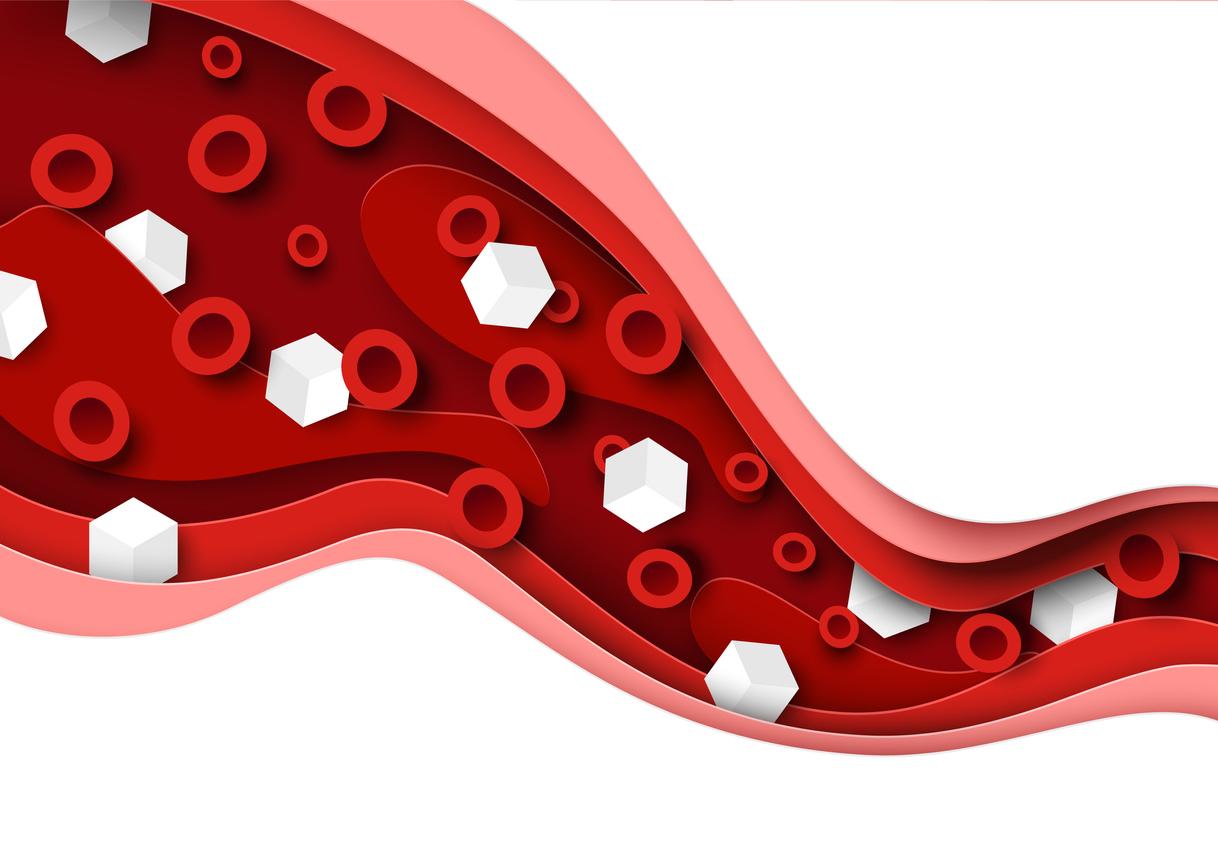November 9, 2001 – Funny question? Not that funny if we can trust a study1 recently published in the New England Journal of Medicine. Thus, people with normal / high blood pressure2, near the threshold of hypertension, are two to three times more likely to develop cardiovascular disease (over a period of ten years) than subjects with normal or optimal pressure.
The study authors followed 6,859 patients (male and female) with normal / elevated blood pressure to determine the incidence of heart disease over a 12-year period. In the 35-64 age group, 4% of women and 8% of men had heart disease, compared to 18% of women and 25% of men in the 65-90 group. years.
Usually, people with normal / high blood pressure are recommended to diet and regular exercise training to lower their blood pressure. Researchers are now wondering if this approach is sufficient and if these people would not benefit from taking medication. But everything will have to be verified by other studies. If taking medication proves to be beneficial, the researchers may suggest that the benchmarks for determining whether or not a person has hypertension and should take medication should be revised downwards.
On the other hand, the magazine Prevention, in its September edition, reports a study3 confirming that in some cases it is possible to discontinue medication and control hypertension through diet and exercise. Forty-two percent of the 3,306 hypertensive subjects who had stopped taking their medication within a year were able to keep their blood pressure at normal levels through diet and exercise (another study4 on hypertension caused by stress reports that weight loss, compared to physical training, is the most important factor in lowering blood pressure). However, the researchers believe that this method is not suitable for all people with hypertension and requires the monitoring of a doctor to avoid any complications that may arise during the drug withdrawal period. They recommend withdrawal of antihypertensive drugs in subjects with mildly elevated blood pressure, without complications, and well controlled with a single drug.
According to Prevention, not all hypertensive people can do without medication. They still need to be willing to change their lifestyle, including losing weight, exercising, limiting their sodium and alcohol consumption and being regularly monitored by a doctor.
Monique Lalancette – PasseportSanté.net
According to InteliHealth, November 1 and 5, 2001, and Prevention September 2001
1. Vasan RS, Larson MG, Leip EP, Evans JC, O’Donnell CJ, Kanne WBl, Levy D. Impact of High-Normal Blood Pressure on the Risk of Cardiovascular Disease. N Engl J Med 2001 Nov 1; 345 (18): 1291-1297.
2. A subject with hypertension has a pressure equal to or greater than 140/90 mm Hg, while normal / elevated pressure indicates a reading of 130-139 / 85-89; normal pressure, 120-129 / 80-84, and finally, we find the optimal pressure at 120/80.
3. Nelson M, Reid C, Krum H, McNeil J. A systematic review of predictors of maintenance of normotension after withdrawal of antihypertensive drugs. Am J Hypertens 2001 Feb; 14 (2): 98-105.
4. Steffen PR, Sherwood A, Gullette EC, Georgiades A, Hinderliter A, Blumenthal JA. Effects of exercise and weight loss on blood pressure during daily life. Med Sci Sports Exerc 2001 Oct; 33 (10): 1635-40.















